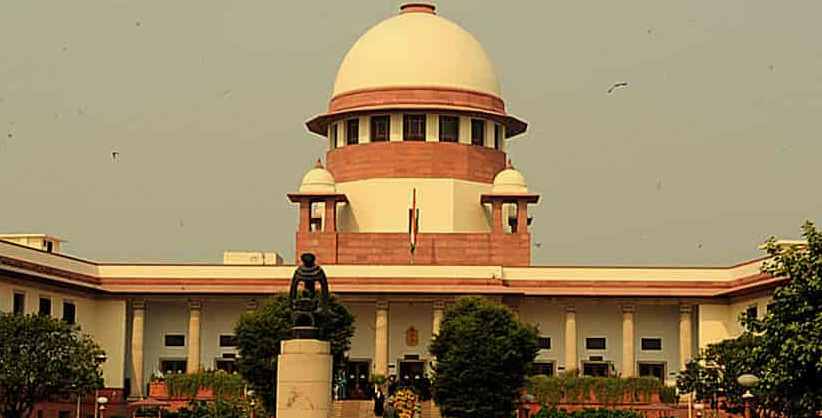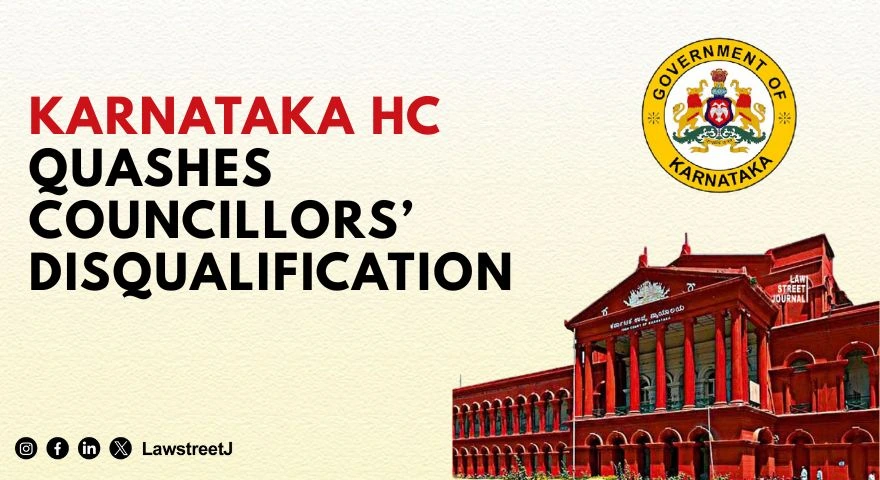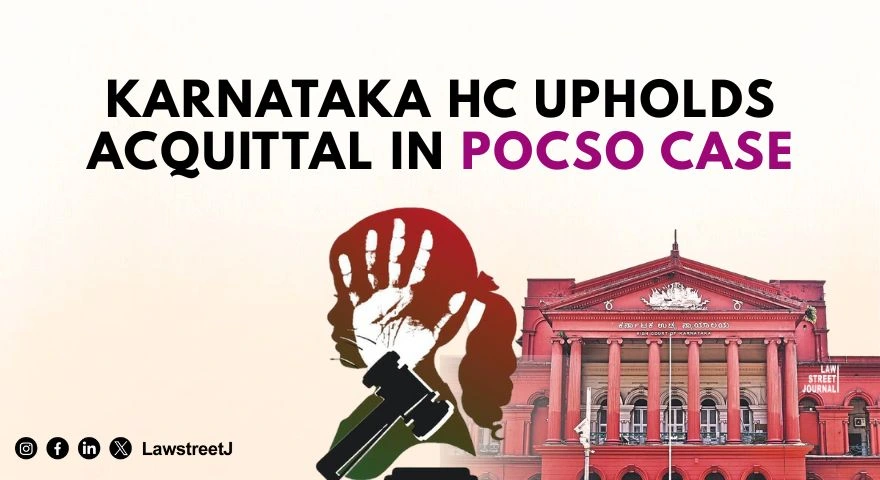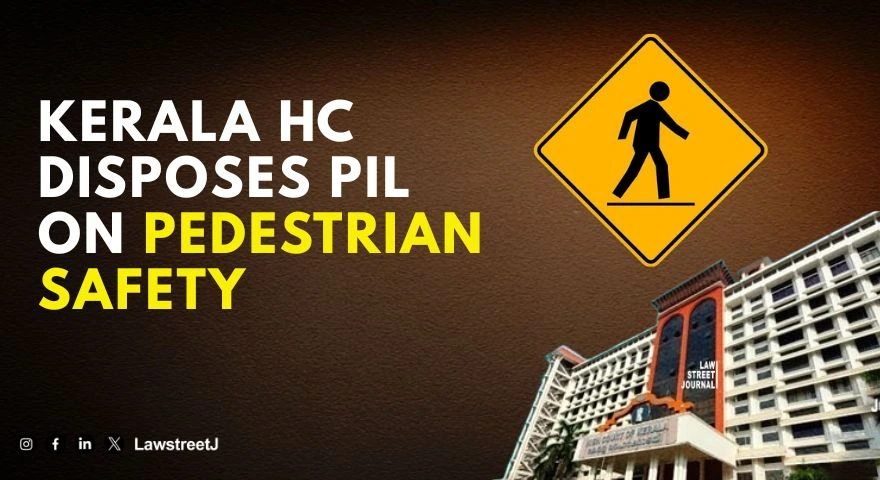On 31st July, Single Judge of the High Court of Karnataka in the exercise of the criminal revisional jurisdiction passed a judgment. Challenging this judgement, a writ petition was filed seeking relief that the said judgment may be declared void/disabled/ recalled.
The judgement was passed on the proceedings instituted under section 12 of the Protection of Women from Domestic Violence Act 2005. On 30 July 2015, the petition was dismissed by the Metropolitan Magistrate, Traffic Court-II, Bengaluru. An appeal was filed against the order which also got dismissed by the Additional Session Judge. A revision petition was filed by the petitioner in High Court which was also dismissed.
Now, the petitioner in the writ petition has submitted that the writ petition under Article 226 is maintainable on the ground that the order dated 31 July 2018 of the High Court is void ab initio. Further the petitioner submits that the order has not been written by the Judge of the High Court and the High Court, while disposing of the criminal revision, has not exercised its jurisdiction in a manner consistent with the provisions of Section 397 of the Code of Criminal Procedure 1973.
While dismissing the petition the court said that as this petition is not maintainable therefore the court declined to entertain the substantive petition under Article 226 of the Constitution seeking a declaration of the invalidity of the order dated 31 July 2018.
The court said that We are of the view that a writ petition under Article 226 of the Constitution would not be maintainable in order to challenge an order which has been passed by the High Court in the exercise of its judicial powers. In the present case, the High Court has exercised its revisional jurisdiction. Merely assailing the order as an order which is void would not enable a litigant to avoid the consequences which emanate from the order, by instituting a writ petition under Article 226. A litigant is not without her remedies. An order which has been passed by the High Court can either be assailed in a Letters Patent Appeal (in those cases where the remedy of a Letters Patent Appeal is available in law) or by way of a review (where the remedy of a review is available in a certain class of matters). A remedy is available to a litigant against a judicial order of the High Court passed in revisional proceedings, under Article 136 of the Constitution before this court.
The court further said that we expressly leave open the rights and remedies available to the petitioner, including by way of a Special Leave Petition under Article 136 of the Constitution to assail the judgment of the Single Judge of the High Court of Karnataka in proceedings before this Court.








